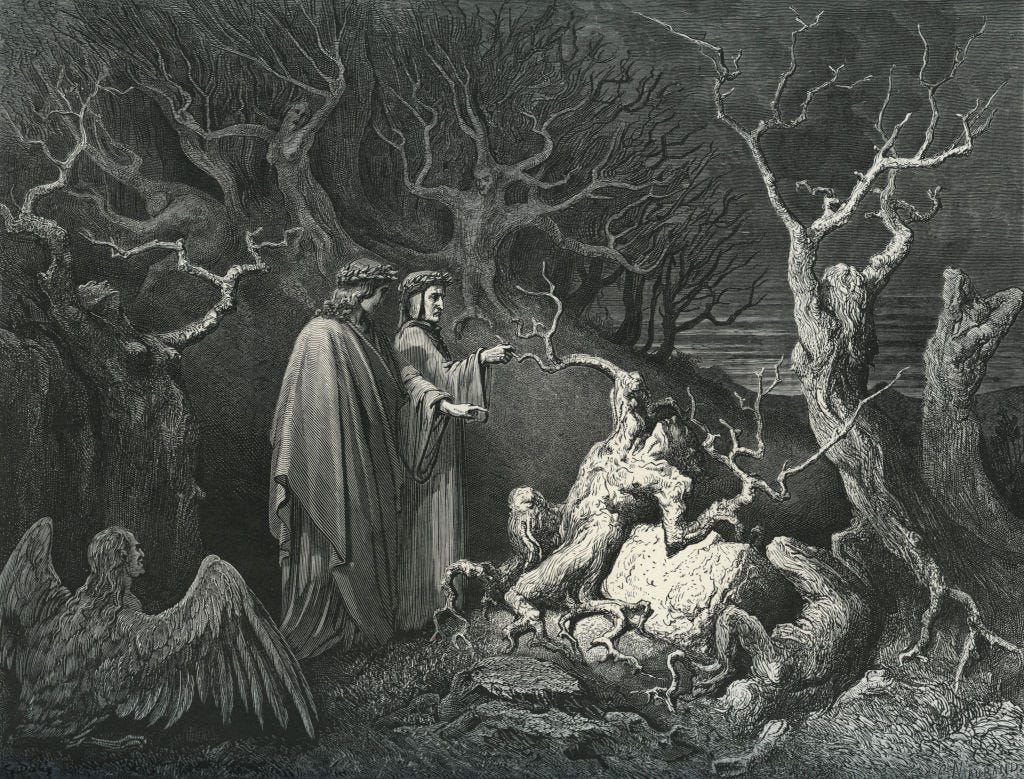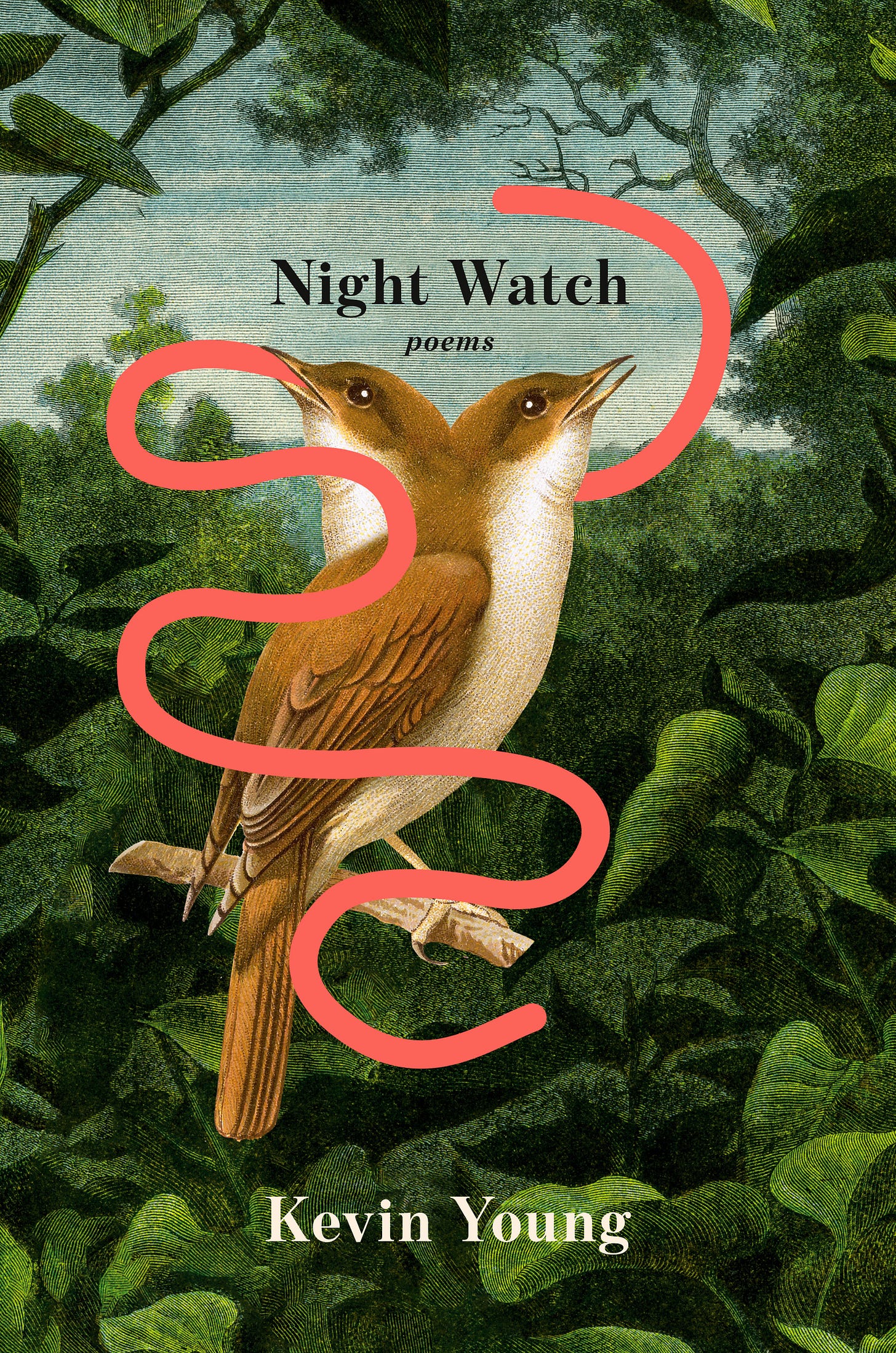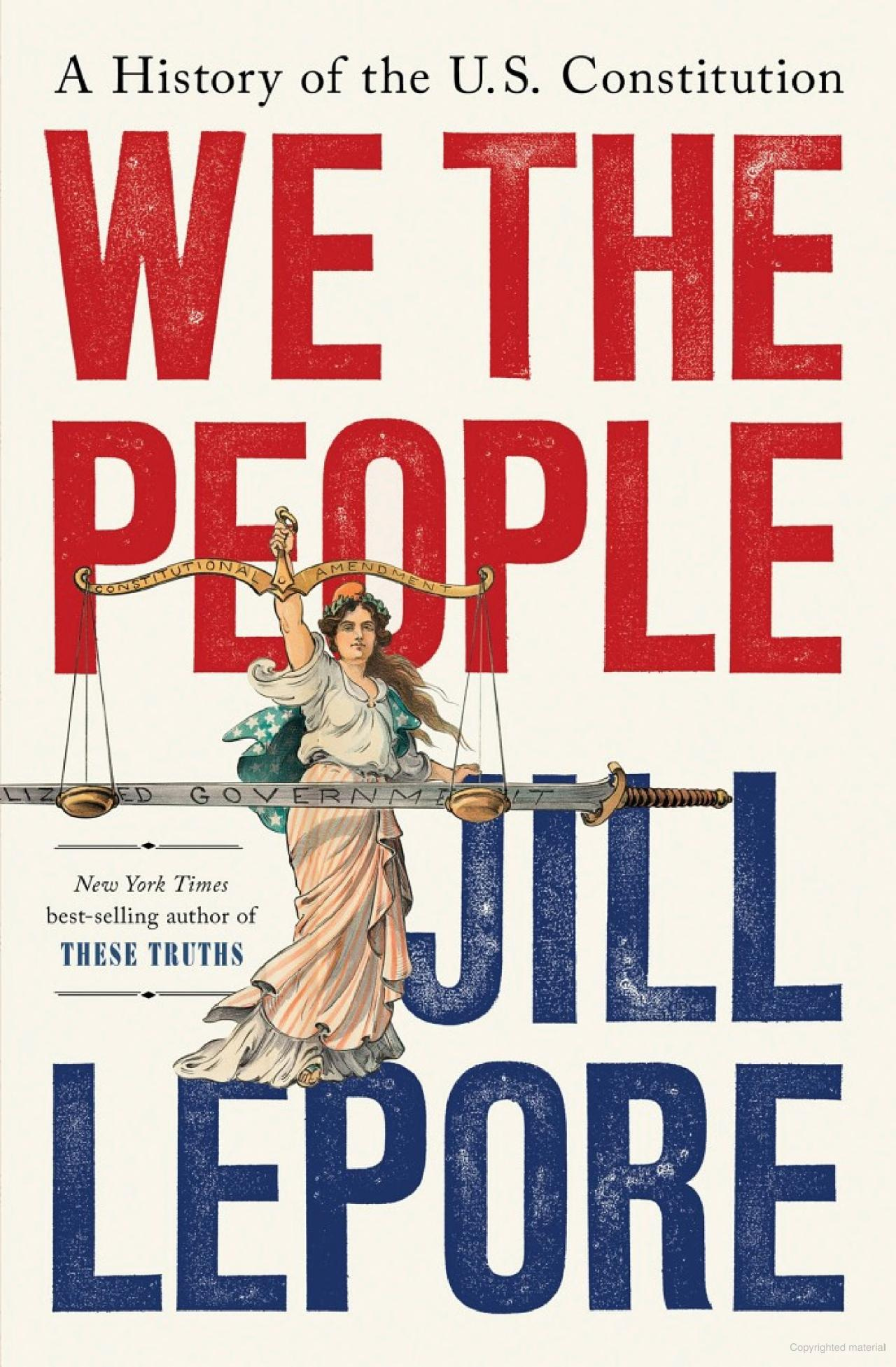A divine comedy for dark times
How Kevin Young's "Night Watch" looks back to Dante for some very modern lessons.
If you’ve experienced the events of the past couple of weeks as if we were wandering collectively through a hellish landscape, the “Darklings” section of Kevin Young’s Night Watch may feel eerily familiar.
Young credits Dante Alighieri’s 14th-century epic, The Divine Comedy, with inspiring the framework of the third cycle in his latest volume of poetry. He says he was “guided by the greater master” in plotting his contemporary version of the nine circles of hell. The Museum of Modern Art in 2017 commissioned Young and fellow poet Robin Coste Lewis to compose companion verses to Robert Rauschenberg's “Inferno” drawings. “Darklings” is Young’s contribution to that project.
Dante devoted his life to the composition of “Inferno”, Purgatorio”, and “Paradiso” — the volumes comprising The Divine Comedy — after he was exiled from his native Florence on trumped-up corruption charges. He wrote more than 700 years ago, during the late medieval period–a period of extreme political turmoil–and in his allegorical journey, each of the nine circles represents a different sin and their corresponding punishments, while exploring themes of morality, justice, and the human condition. But it wasn’t all hellfire and damnation, Young says. In his estimation, Dante also had a wicked sense of humor, and some of the poems in the cycle also play with that, like this excerpt from “Ledge”:
Beauty is as beauty
does, my mother says,
who is beautiful & speaksloud so she can be understood
unlike poets who can’t
talk to save their livesso they write.
I especially love this poem from Circle Three of “Darklings,” and how it so succinctly captures the human condition:
We are born
with all our grief
already in us, like teeth,& time works it out
of us—our mouths—pain
for a spell & then theregrief sits, a lifetime, shiny,
lucky. Pomegranate. Made
before I was unmade—If not, the gaps
where once milkteeth sat,
replaced by these holeswe hope to eat with—
each supper a reckoning.
To discuss these poems further, and to explore with the poet what Dante has to say to our own period of turmoil, we hope you’ll join us this Wednesday, September 24, at 12:30 p.m., when we’ll sit down for our second and final conversation with Kevin Young, who is also poetry editor of the New Yorker.
And some news: Our October Ink Book Club selection — which couldn’t be more timely — is We the People: A History of the U.S. Constitution, by Jill Lepore.
Lepore is a professor of law and the David Woods Kemper ‘41 Professor of American History at Harvard. She is also a staff writer at The New Yorker, and author, most recently, of These Truths: A History of the United States, which was a New York Times bestseller. Stay tuned: we will be scheduling two live conversations with Jill Lepore during the month of October.







